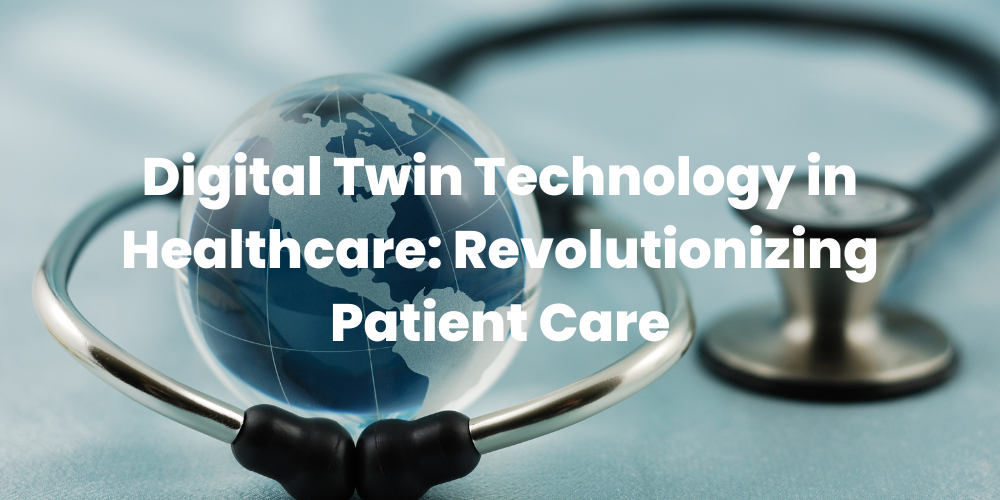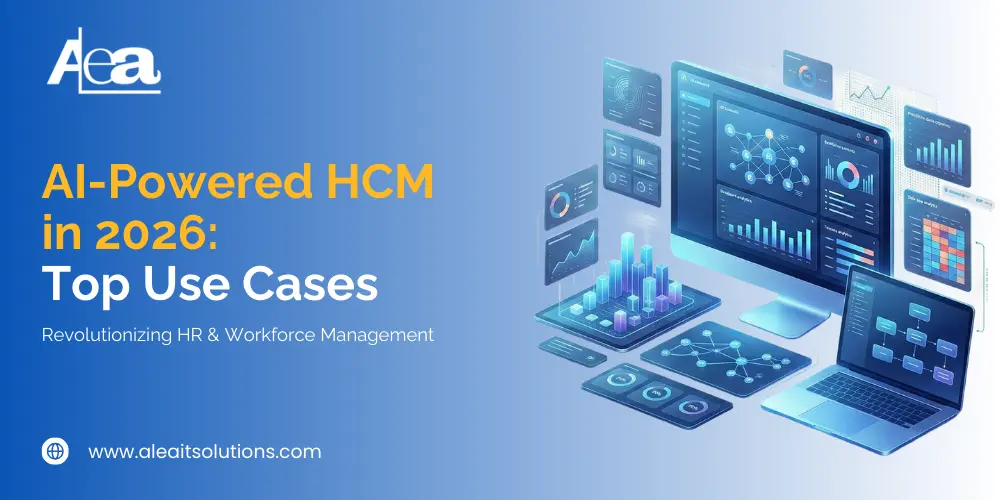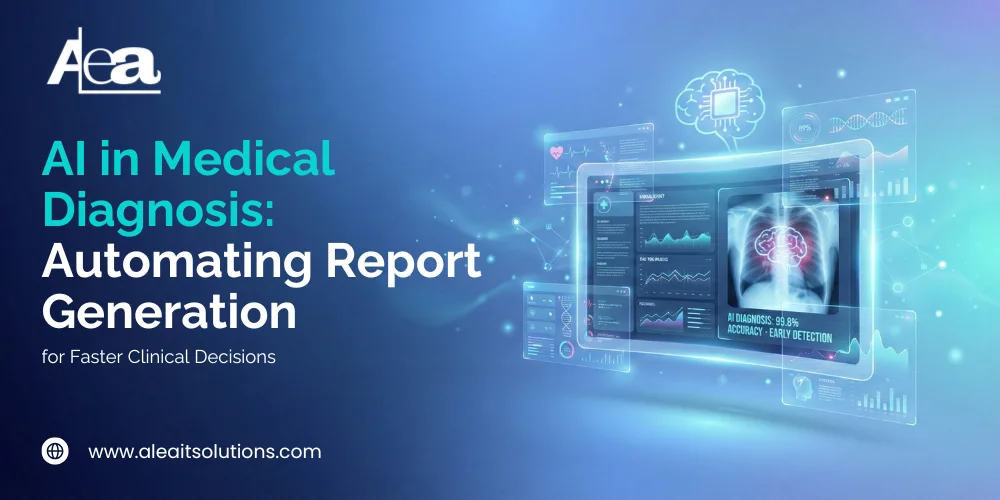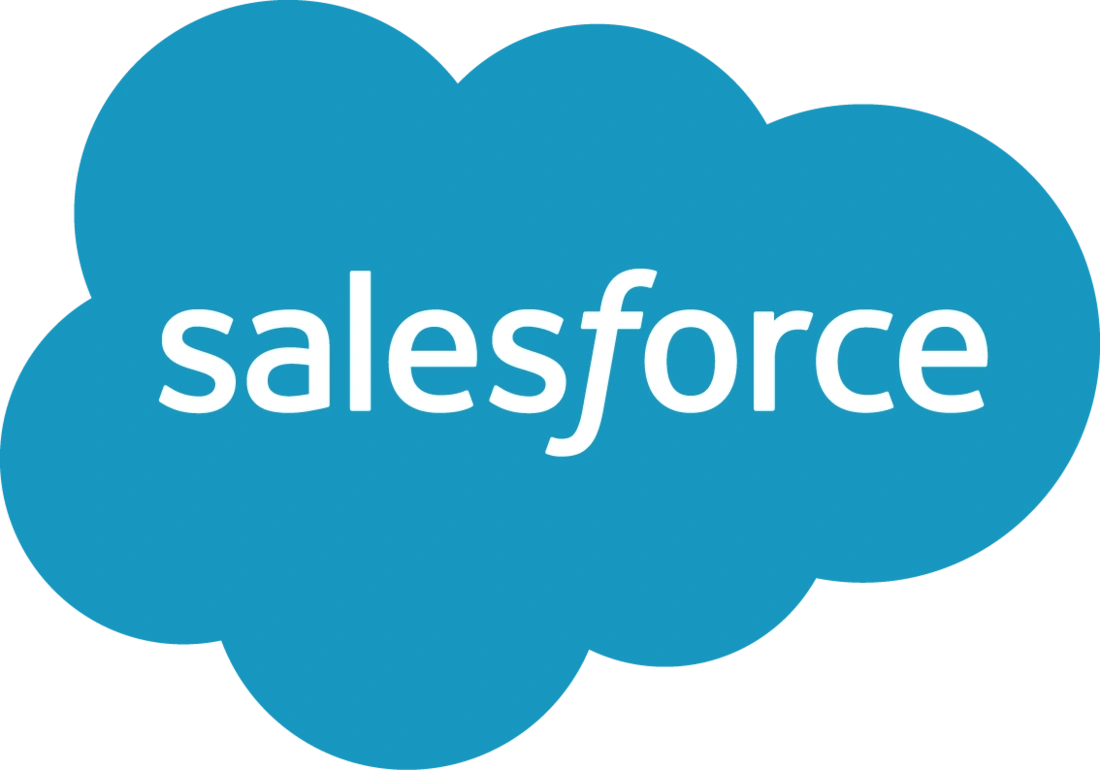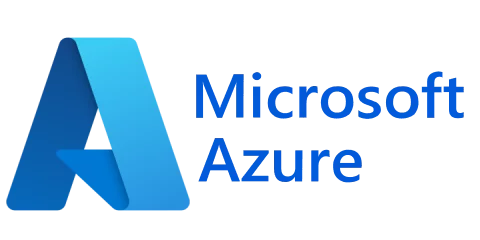Digital Twin Technology, originally developed for industries such as manufacturing and engineering, is now changing healthcare by creating virtual replicas of physical institutions or systems. In healthcare, these digital twins provide unprecedented insights into patient conditions, treatment simulation and future health predictions. This advanced technology is paving the way for more accurate, personal and active medical care.
How Digital Twin Technology Works in Healthcare
Digital twins in healthcare are created by collecting real-time data from wearable equipment, medical sensors and clinical equipment. This virtual copy is continuously updated, allowing healthcare providers to monitor the patient’s health, simulate treatment and make data-operated decisions.
Key benefits include:
- Personal treatment schemes: Doctors can use digital twins to simulate the effectiveness of various treatment options before applying the patient.
- Future-staging health management: Real -time data analysis helps predict potential health issues, which enables active intervention.
- Surgical Proceedings: Surgeons can rehearsed complex operations on digital replicas, improve the accuracy of procedures and success rates.
For more details on how digital twins are reshaping healthcare, you can explore GE Healthcare’s vision and Siemens Healthineers’ perspective.
Applications of Digital Twin Technology in Healthcare
- Personal medicine: Digital twins allow doctors to simulate treatment plans and predict the results, increasing the effectiveness of personal care. For more information, go to Philips Healthcare.
- Chronic disease management: Diabetes and heart disease conditions benefit from continuous monitoring through digital twins, improves long -term disease management.
- Surgical Planning and Training: Surgeons can use digital twins to practice surgery on a virtual patient, which can lead to better surgical results. Learn more on the innovations of Mayo Clinic.
- Drug Development: Pharmaceutical companies are using digital twins to test drug effects, which are reducing time and costs associated with drug trials. See the insight from the Pfizer.
- Hospital operation: Hospital is taking advantage of digital twins to optimize hospital operations, patient flow and resource allocation.
The Future of Digital Twins in Healthcare
AI, machine learning, and IOT (Internet of Things) continue to move forward, Digital Twin Technology will play a big role in healthcare. It is predicted that digital twins will become an essential tool for predicting and management of health consequences in the patient population. Go to IBM’s Watson Health to find out how digital health solutions are developing.
Challenges to Overcome
- Data privacy: It is important to adopt the safety of sensitive patient data widely.
- Data Integration: Integrating data from different sources such as wearables and medical devices can be complicated.
- Cost and access: Implementing digital twins requires significant investment, making it less accessible to small healthcare providers.
AleaIT Solutions: Empowering Healthcare with Digital Innovation
As healthcare organizations navigate digital changes, Aleait Solutions provides state-of-the-art technology solutions, including digital twin systems. Aleait helps healthcare providers to implement these advanced technologies, which offers custom solutions that meet specific medical requirements. With innovation and operational efficiency attention, Aleait is your partner in running healthcare progress.
Ready to revolutionize your healthcare services? Contact AleaIT Solutions today to discover how we can help you integrate digital twin technology and other innovations into your healthcare practice.

